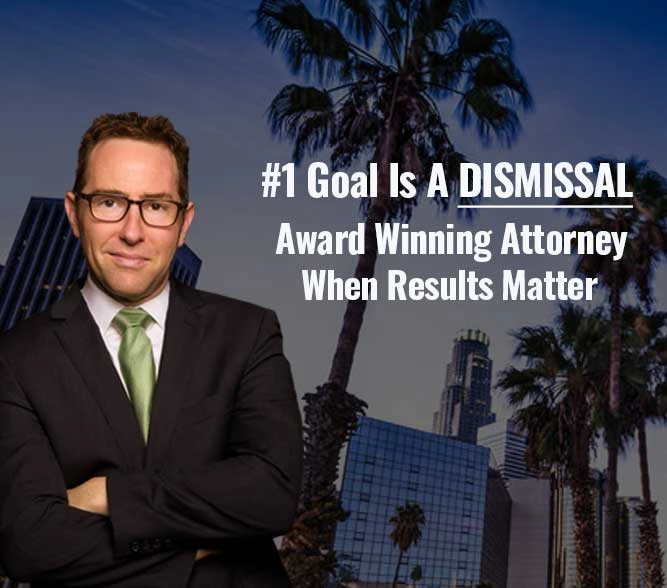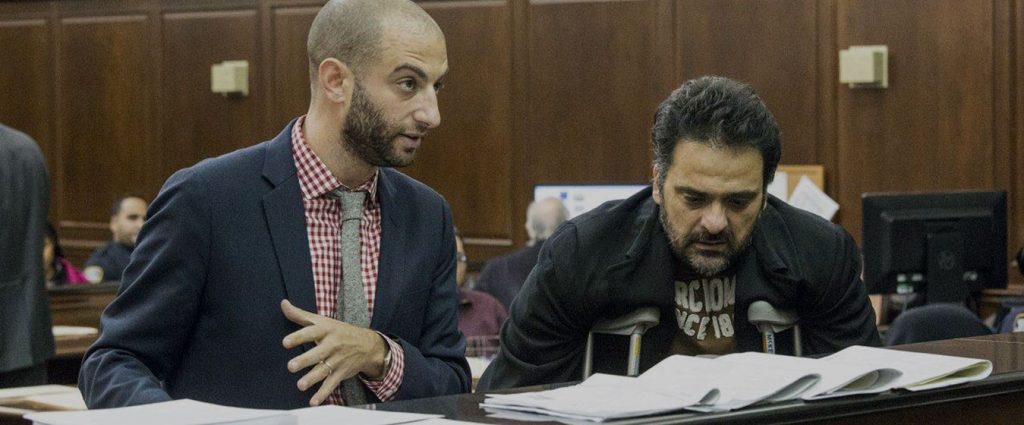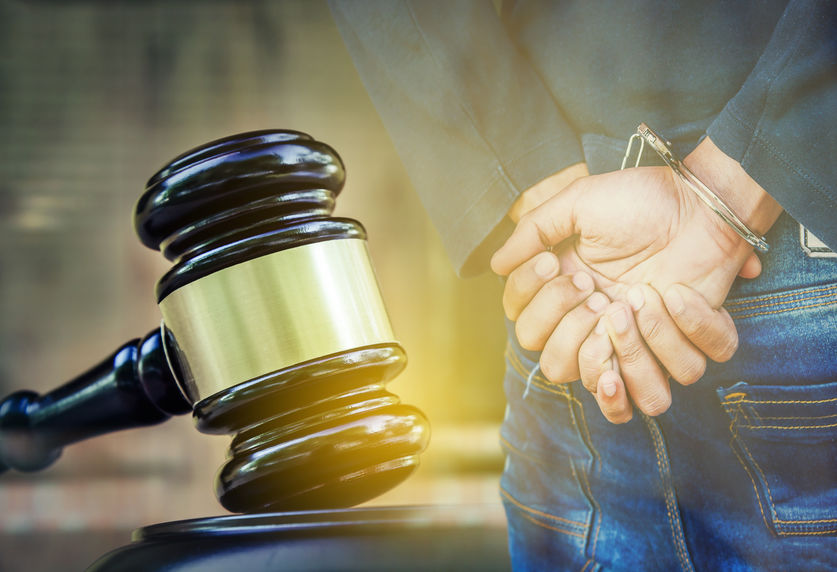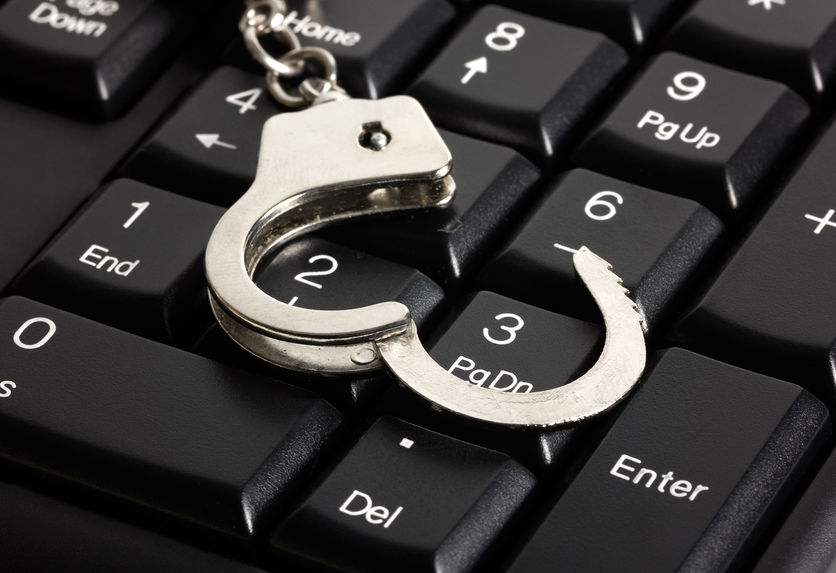I Only Attempted A Crime, Can I Still Be Charged In Los Angeles?
Attempting to execute a crime is a felony in Los Angeles, regardless of whether or not you are successful. An attempted crime has its own penalties if you are convicted, which can be as life-changing as if you had been charged with the completed crime. Here’s what you should know about attempted crime laws and how to get legal help after being arrested in Los Angeles.
California’s Attempted Crime Law
California Penal Code 664 states that “every person who attempts to commit any crime, but fails, or is prevented or intercepted in its perpetration, shall be punished where no provision is made by law for the punishment of those attempts.” The penalty assessed is typically one-half the incarceration or fines that would be assessed if the defendant had completed the offense.
How the State Determines If an Act Qualifies As An Attempted Crime
To prove that a suspect tried to commit a criminal act, the prosecution must prove that the accused person took a direct step toward completing the offense and meant to do so. A “direct step” entails more than simply putting together the elements of the offense or planning to execute it. It is a gesture toward breaking the law after making arrangements in such a way that demonstrates a clear intention to carry out the illegal act.
A direct step sets the events in motion and ensures that the act would have been accomplished if the initiative had not been impeded by unforeseen circumstances. If a would-be criminal abandons a plan to break the law before taking a direct step, they are not considered guilty of the attempted crime.
Potential Defenses For Attempted Crime In Los Angeles
Possible defenses for a charge of attempted crime include:
- The accused did not commit any act that furthered the underlying offense
- The accused never intended to commit a crime or did not know that the act was criminal in nature
- The accused abandoned the attempted crime prior to taking what would be considered a direct step
- The accused is not the person who attempted to commit the crime and another person is responsible, e.g. a case of mistaken identity
Get Help From a Los Angeles Criminal Defense Lawyer Now
If you were charged with an attempted crime, your future is at stake even if you didn’t complete the offense. Call the Lewin Law Group today at (800) 458-1488 for a consultation. Serving the Los Angeles metropolitan area, including suburbs of Pasadena, Burbank, Santa Monica, Inglewood, and other nearby areas in California.













